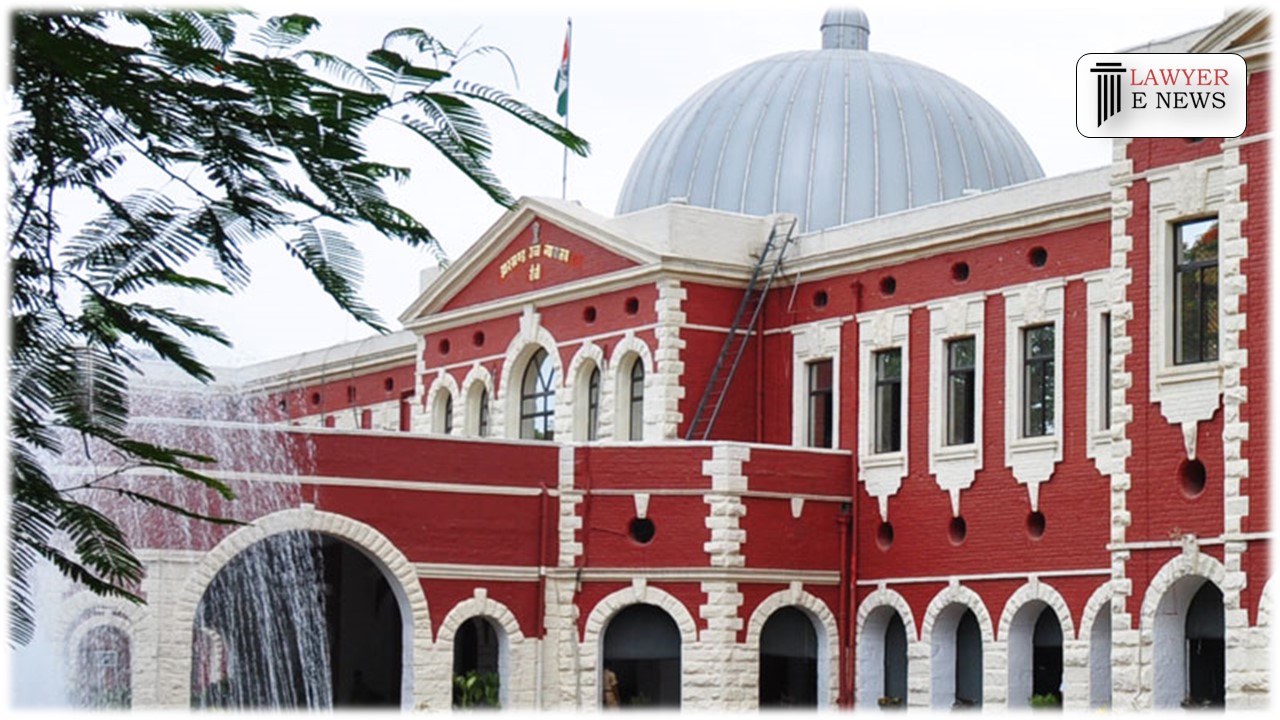-
by Admin
20 February 2026 4:14 AM



In a significant judgment, the Jharkhand High Court has set aside a controversial circular issued by the State Government of Jharkhand. This circular had conferred upon Registrars the power to cancel registered instruments, such as sale deeds, a move that has now been deemed legally unsustainable by the High Court.
The circular in question was aimed at addressing the rising instances of fraudulent registrations. However, the High Court, presided over by Hon’ble Mr. Justice Gautam Kumar Choudhary, held that such powers rest exclusively with the civil courts. “The executive power of the State Government under Article 162 is coextensive with the legislative power of the State legislature. But, in the absence of any law, the State or its officers in the exercise of executive authority, cannot infringe citizen’s rights merely because legislature has power to make law on the subject,” the Court observed.
The judgment emphasizes that the cancellation of registered deeds is a significant legal action that cannot be performed by the Registrar post-registration. The Court noted, “There cannot be two views that existing provisions of the Registration Act, do not confer the Registrar with power to cancel a document which has been already registered.”
This landmark decision is expected to have far-reaching implications, particularly in how fraudulent registrations are addressed in the state. The Court also highlighted the potential for multiplicity of proceedings and judicial inefficiency if such powers were to be exercised by the Registrar. “To confer power of cancellation to the Registrar will open floodgates of litigation in such matters,” the judgment stated.
With the annulment of the impugned circular, all related cases, notices, orders passed under it, and consequent orders for the institution of FIRs have been set aside. The decision reasserts the authority of civil courts in matters concerning the cancellation of registered instruments and upholds the legal framework as defined by the Registration Act, 1908. The High Court’s ruling serves as a crucial reminder of the separation of powers and the specific roles of judicial and executive branches in the legal system.
Date of Decision: 11th January 2024
Vinod Shankar Jha @ Binod Shankar VS State of Jharkhand
